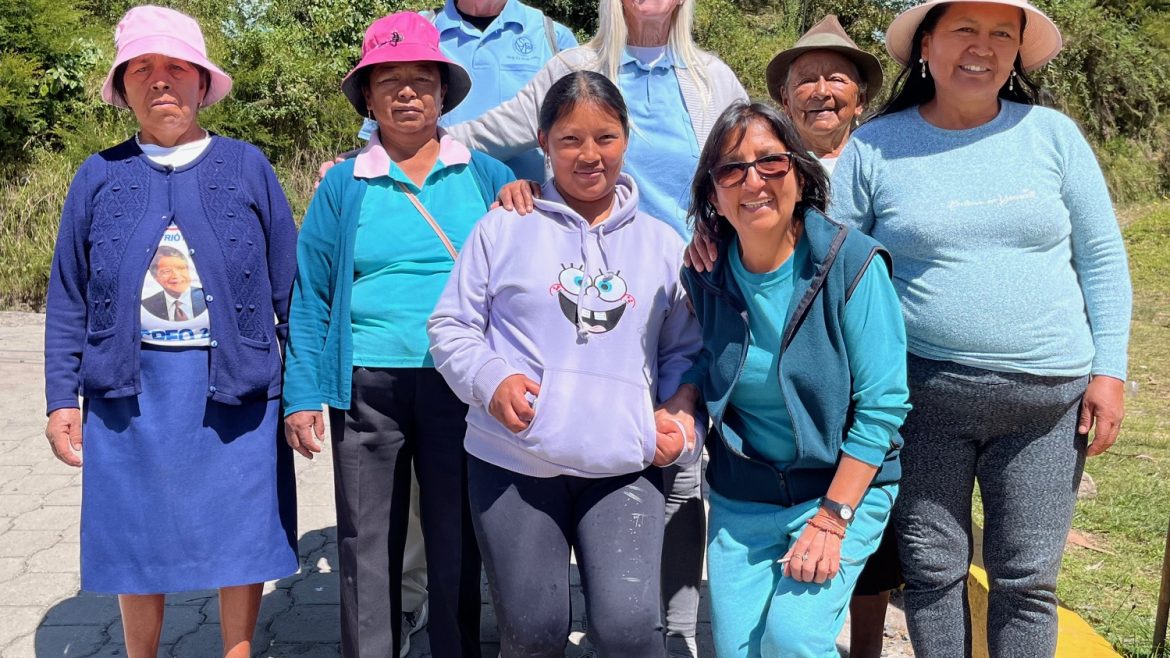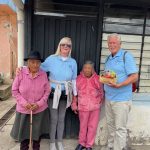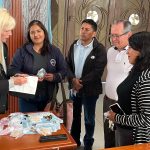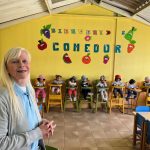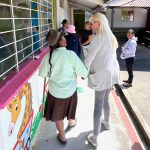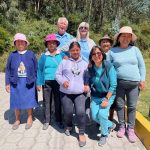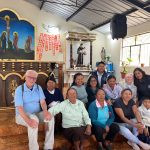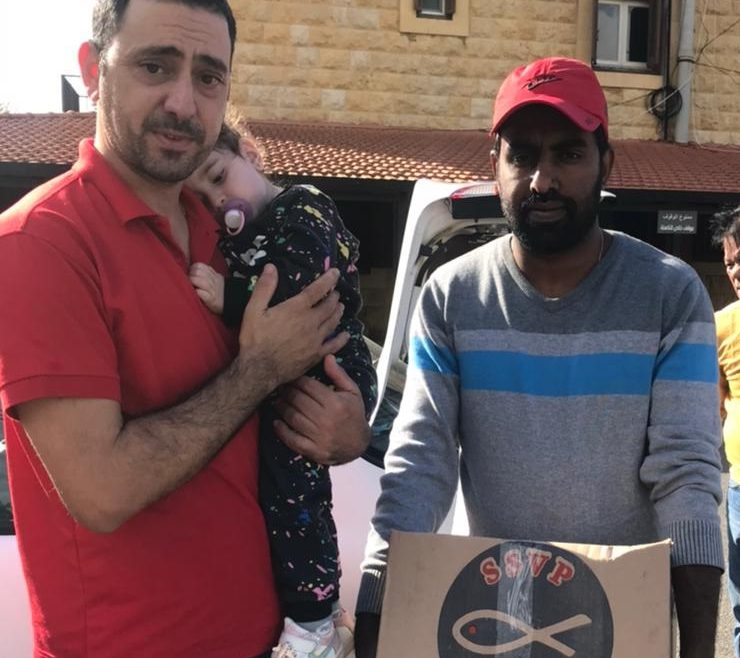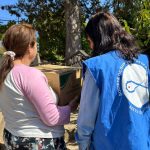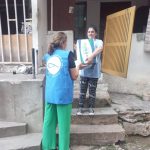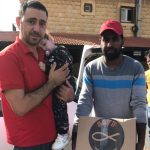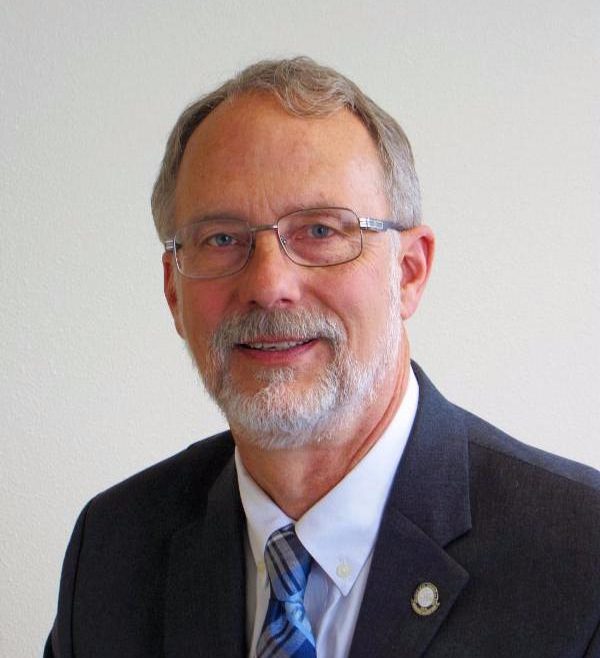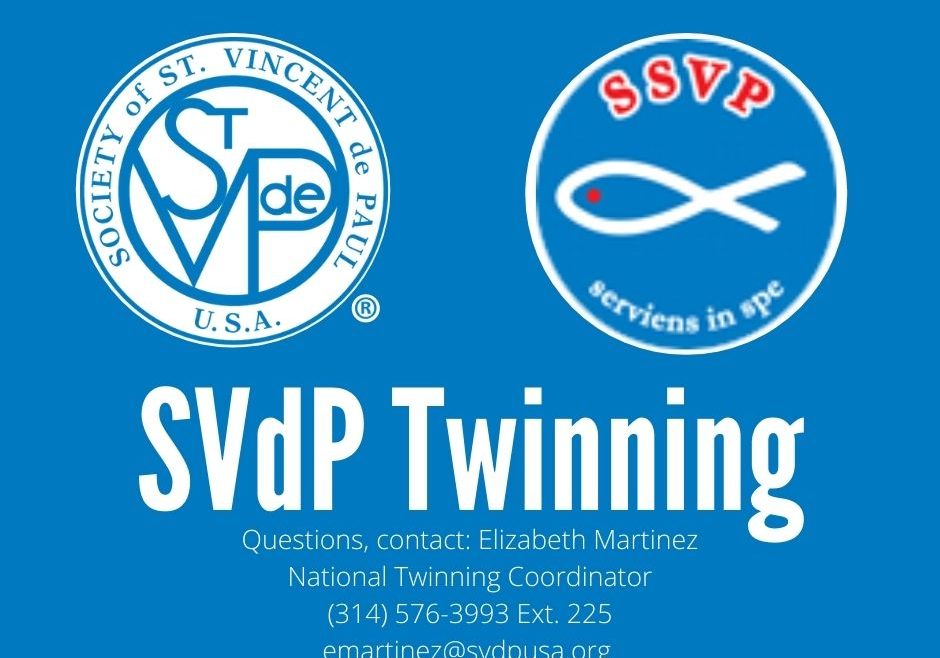By Kevin Prior, Chief Financial Officer.
For over 70 years, the Saint Vincent de Paul Society in Beit Jala has been a source of hope and support for families in their community. Founded in 1951 through the vision of Father Michael Karam, the Society has carried on the mission of St. Vincent de Paul to serve the poor with love, compassion, and dedication. Today, a team of nine volunteer board members continues this vital work, reaching out to those who need it most.
Life in Beit Jala is extremely challenging. Families face daily struggles due to conflict, rising costs, and limited access to healthcare. Children, the elderly, and people with chronic illnesses are especially vulnerable. Local Vincentian volunteers have been on the frontlines, identifying the most urgent needs:
- 100 patients need medications for chronic conditions.
- 150 families need basic food to feed their households.
- 50 university students need support to continue their studies.
- 50 school children need help covering tuition fees.
To meet these critical needs, a total of $60,000 is required.
As the National Council of the United States, we have been in regular contact with the Beit Jala Council and are proud to be actively supporting their work through an International Twinning grant of $60,000. The second installment of this grant is now helping local volunteers provide medications, food, and educational support to families carefully, safely, and with great dedication.
Despite challenges like supply delays and security concerns, the volunteers in Beit Jala continue to pour their hearts into this work, ensuring that every gift reaches those who need it most. Each delivery, each meal, and each school fee paid is a sign that these families are not alone and that the Vincentian spirit of love and care crosses oceans to reach them.
Thanks to your generosity and the power of international solidarity, families in Beit Jala receive not only life-sustaining support but also renewed hope.



